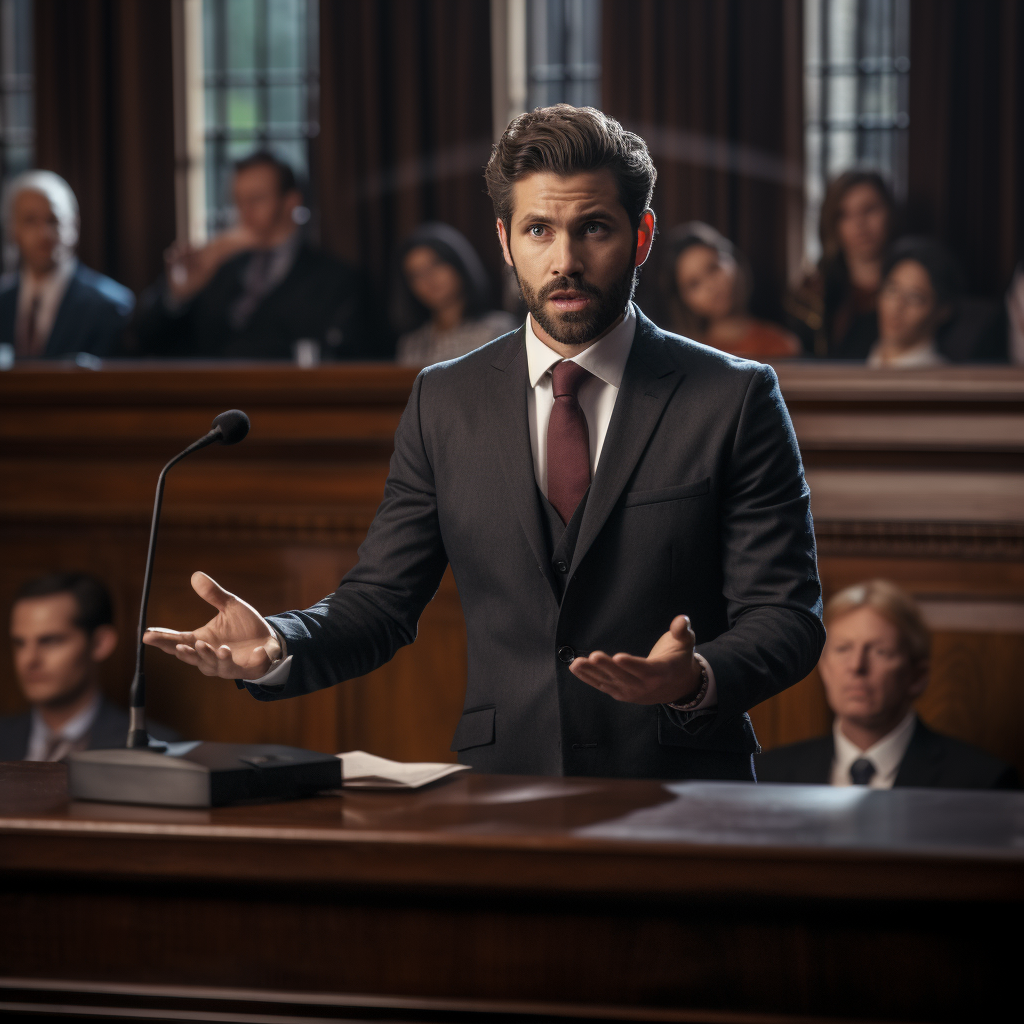As a cyclist in Washington State, it’s imperative to have a thorough understanding of the WA bicycle laws to ensure safety and compliance on the road. These laws are designed to protect cyclists and motorists alike, providing clear guidelines on how to share the road responsibly. Washington State’s commitment to cyclist safety is evident through its detailed statutes that cover everything from helmet use to the right of way.
One key aspect of these laws is the requirement for cyclists to adhere to the same traffic rules as motorists. This includes obeying traffic signs and signals, riding on the right side of the road, and signaling turns. Additionally, Washington law mandates the use of helmets for cyclists of all ages, a rule that underscores the state’s dedication to preventing serious injuries.
For cyclists navigating nighttime conditions, WA bicycle laws specify the need for adequate lighting and reflectors on the bicycle. This not only increases visibility but also helps in avoiding potential accidents. Cyclists are also granted the use of full traffic lanes when necessary, a provision that offers flexibility and safety when road conditions are not ideal for sharing a lane.
If you’re a cyclist who has encountered legal issues or if you’ve been involved in an accident on Washington’s roads, it’s crucial to have knowledgeable legal support. Contact us now by phone, form, or email for expert guidance on how to proceed with your case. Our team at Peterson Law Offices is well-versed in WA bicycle laws and is committed to advocating for the rights of cyclists throughout Gresham, Oregon, and Washington State.
Essential Safety Equipment for Washington Cyclists

Equipping oneself with the right safety gear is not just a matter of personal security, but also a legal requirement under WA bicycle laws. The cornerstone of a cyclist’s safety equipment is undoubtedly the helmet. In Washington State, the law requires that all cyclists, regardless of age, wear a helmet while riding on public roads, multi-use trails, or publicly owned paths.
Beyond helmets, visibility is a critical safety consideration. Cyclists are required to have a white front light visible for 500 feet and a red rear reflector or a red light visible for 600 feet during hours of darkness or poor visibility. High-visibility clothing and additional reflectors can further enhance a cyclist’s visibility to motorists, thereby reducing the risk of accidents.
Another important piece of equipment is a good quality bell or horn, which can be used to alert pedestrians and other road users of a cyclist’s presence. While not mandated by state law, it is a highly recommended safety accessory. Additionally, bicycles need to have functioning brakes that enable the rider to stop safely on wet and dry surfaces.
With the correct safety equipment, cyclists can significantly improve their safety on the road. Adhering to WA bicycle laws not only minimizes the risk of citations but also plays a vital role in preventing potentially life-threatening incidents. Cyclists should always ensure that their safety gear is in good working order before heading out on Washington’s roads and trails.
Rights and Duties of Cyclists on WA Roads

Understanding the rights and duties of cyclists is crucial for safe and lawful riding on Washington’s roadways. Cyclists in WA are granted the same rights and are subject to the same duties as drivers of motor vehicles, with specific provisions tailored to bicycle travel.
One of the fundamental rights is the right to use the road. Cyclists are entitled to ride on the right side of the road, in the same direction as the traffic. This ensures a predictable flow and better integration with other road users. However, it is also their duty to stay as far to the right as is safe, except when turning left, avoiding hazards, or overtaking another bicycle or vehicle.
Cyclists also have the duty to obey all traffic signals and control devices, just like motorists. This includes stopping at stop signs and red lights, yielding to pedestrians at crosswalks, and signaling turns and stops with hand signals. These actions are not just lawful but are essential communication tools that contribute to everyone’s safety.
Furthermore, cyclists are required to ride no more than two abreast on public roads, and moving into a single-file line when being overtaken by faster traffic is necessary.
By understanding and exercising their rights and duties, cyclists can help create a more respectful and safer environment for all users on WA roads. It is the shared responsibility of cyclists and motorists alike to be aware of and abide by these laws, ensuring a harmonious coexistence on the state’s diverse network of roadways.
Navigating Traffic: Intersections and Signals

Navigating intersections and signals can be one of the more complex aspects of cycling, but understanding WA bicycle laws can make it a smoother experience. Cyclists must approach intersections with the same caution and knowledge of right-of-way as motorists. When approaching a traffic signal, cyclists are required to follow the same rules as drivers, stopping at red lights and proceeding with caution at green lights.
At intersections with stop signs or flashing red signals, cyclists should come to a complete stop and proceed only when it is safe and they have the right-of-way. On encountering a yellow light or signal, cyclists, like drivers, must prepare to stop unless they are so close to the intersection that a safe stop cannot be made.
Intersections without signals or signs should be approached with caution. Cyclists are expected to yield to any vehicle that has entered the intersection from a different roadway or that presents an immediate hazard during their approach. The law also allows for the use of pedestrian signals when cyclists are riding on or across a sidewalk or crosswalk, they must follow pedestrian control signals.
It is also imperative for cyclists to use hand signals to indicate their intentions to turn or stop. These signals inform other road users of a cyclist’s actions, reducing the chances of collisions and misunderstandings at intersections. By mastering these traffic navigation skills, cyclists can enhance their safety and ensure compliance with traffic regulations.
Bicycle Registration and Theft Prevention in WA

In Washington state, bicycle registration is not mandated by state law; however, some cities may have their own registration programs aimed at deterring theft and aiding in the recovery of stolen bikes. Cyclists are encouraged to check with their local municipality to see if such a program exists. Regardless of local regulations, registering your bicycle with a national database can be a proactive step towards theft prevention and recovery.
Preventing bicycle theft is a significant concern for cyclists, and there are several effective measures that can be taken. Firstly, investing in a high-quality lock, such as a U-lock or a heavy-duty chain lock, is essential. Bicycles should be secured to fixed, immovable objects, and if possible, in well-lit and high-traffic areas. When locking a bike, it is best to secure both the frame and the wheels, especially if the wheels have quick-release mechanisms.
Additionally, it’s wise to record the serial number, make, model, and any unique features of your bicycle. This information can be invaluable when reporting a theft to the police or when searching through recovered bikes. Photographs of your bicycle can also aid in identification. For added security, some cyclists opt for GPS devices that can track the location of their bicycle if it is moved without authorization.
WA bicycle laws may not explicitly require these theft prevention strategies, but taking these steps can offer cyclists peace of mind and serve as a deterrent to would-be thieves. Being proactive about bicycle security is the best defense against theft and ensures that you can enjoy cycling without the looming worry of losing your valuable mode of transportation.
Legal Recourse for Bicycle Accidents in Washington
When a bicyclist is involved in an accident in Washington state, understanding the legal recourse available is crucial. WA bicycle laws provide that in the event of an accident caused by another party’s negligence, a cyclist has the right to pursue compensation for damages. This may include medical expenses, lost wages, pain and suffering, and other related costs.
It is important for injured cyclists to take immediate steps following an accident. This includes reporting the incident to the police, seeking medical attention, collecting contact information from witnesses, and documenting the scene with photographs. These actions will provide essential evidence if a legal claim is filed. An experienced personal injury attorney can offer guidance on how to navigate these proceedings and ensure that your rights are protected throughout the process.
At Peterson Law Offices, we specialize in advocating for the rights of cyclists who have been injured on the roads of Washington state. Our firm’s founder, Todd Peterson, is a seasoned car accident lawyer who brings his extensive knowledge and dedication to every bicycle accident case we handle. If you or a loved one has been involved in a bicycle accident, don’t hesitate to Contact us now by phone, form, or email for a free consultation. We are committed to helping you secure the justice and compensation you deserve.
Remember, time is of the essence when dealing with the aftermath of an accident. Washington state’s statute of limitations imposes a deadline for filing personal injury claims, so it is imperative to act swiftly. Let Peterson Law Offices be your advocate and help you through the complexities of the legal system, ensuring that you can focus on your recovery while we handle the legal aspects.

